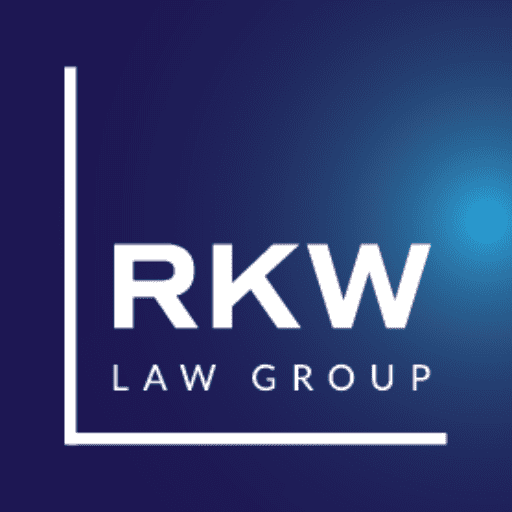We get it – lawyers are expensive. This recurring series seeks to help employers and employees in deciding whether calling your lawyer in a certain situation is unnecessary, is dependent on your risk tolerance, or is an absolute must.
Being an employment lawyer in March 2020 meant, as much as anything else, advising clients about telework arrangements. Companies that wouldn’t have dreamed of allowing any employees to work from home had to adjust overnight out of necessity.

As pandemic restrictions lifted in the intervening years, many companies slowly but surely have been instituting policies requiring employees to return to the office. As an employer, you are well within your rights to do so – so long as this return to office policy is applied in an evenhanded manner.
If it is not, you can be on the receiving end of an EEOC lawsuit. Take, for example, Support Center for Child Advocates (SCCA). According to the EEOC, a pregnant social worker sought to work from home except for home visits and court appointments. The Company denied this accommodation; however, the EEOC alleges that this same accommodation was granted to a non-pregnant coworker.
First, the necessary caveat: All of the conduct allegedly attributable to SCCA comes from an EEOC press release and complaint and remains unproven. (That being said, all business owners know the best defense to a lawsuit is not getting sued at all.)
However, even if you take what the EEOC said at face value, it’s not difficult to imagine how this would happen. In fact, I’ve counseled multiple clients on this very issue. Nobody has ever called me and said, “I’m allowing Jack to telework but not Jill because Jill is pregnant.” But what I have heard is, “Well, Jack is a better performer;” or “Jill doesn’t get as much work done at home;” or “We’ve always done it that way with Jack.” As SCCA found out, as soon as exceptions start getting made to the rule, your company opens its doors to claims of unequal treatment.
Is your company requiring employees to return to the office? Contact an RKW employment attorney to discuss your options for doing so.







